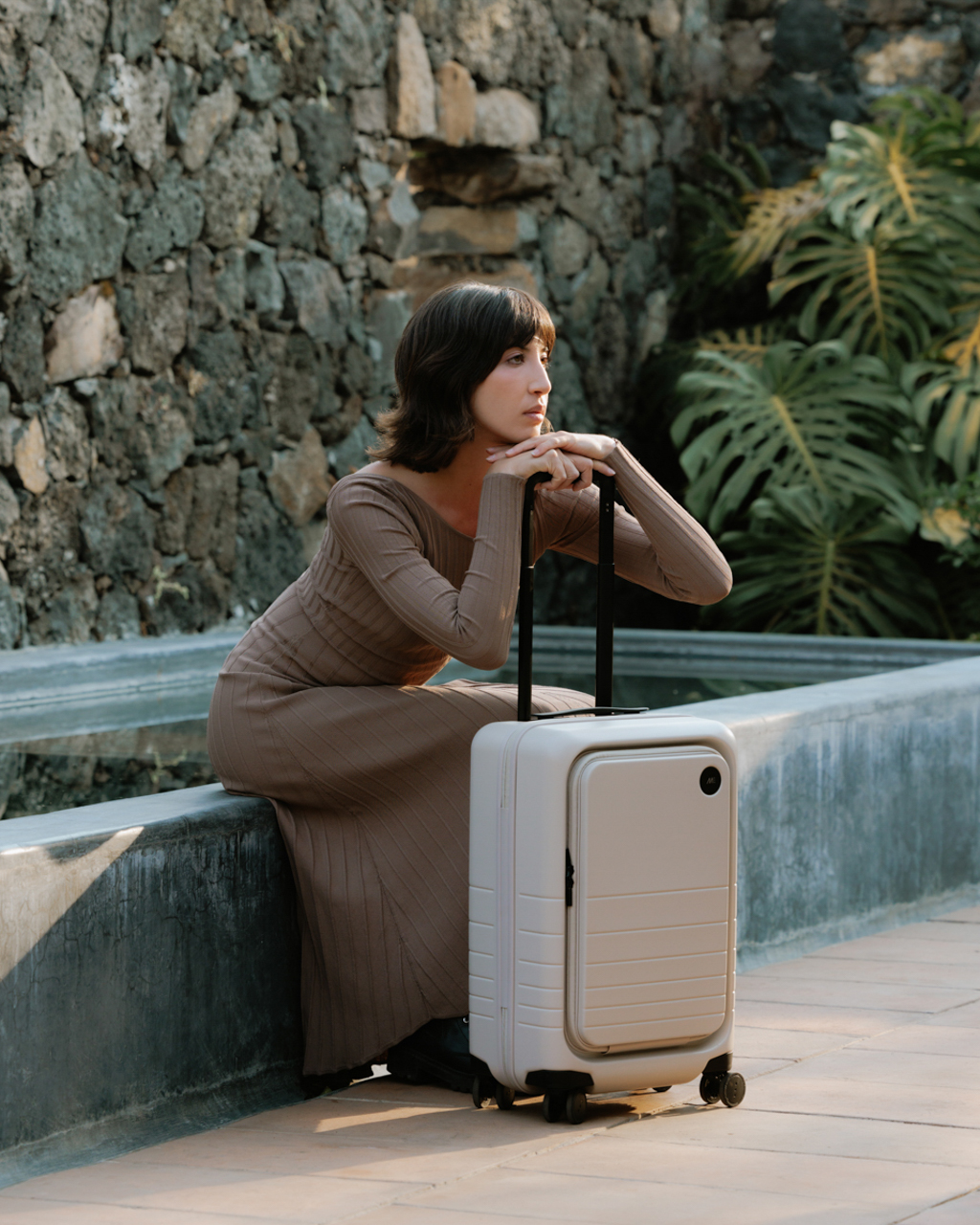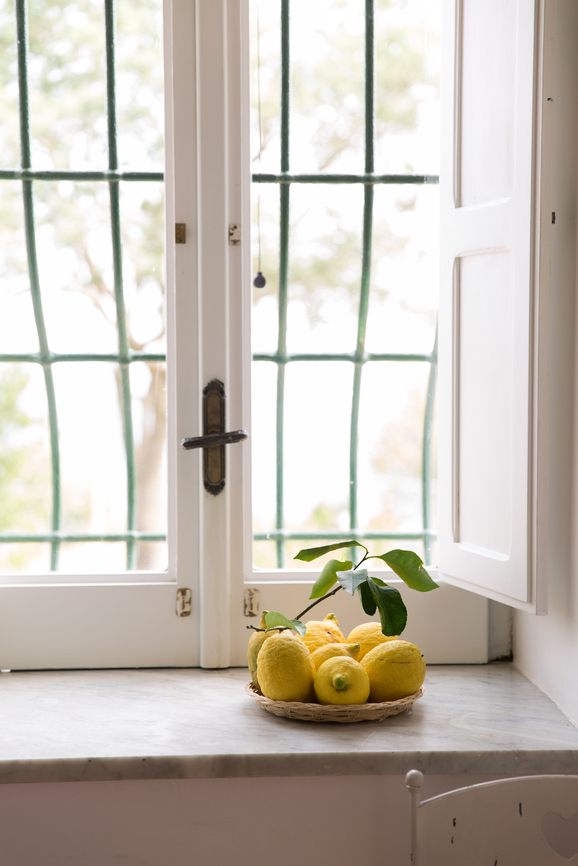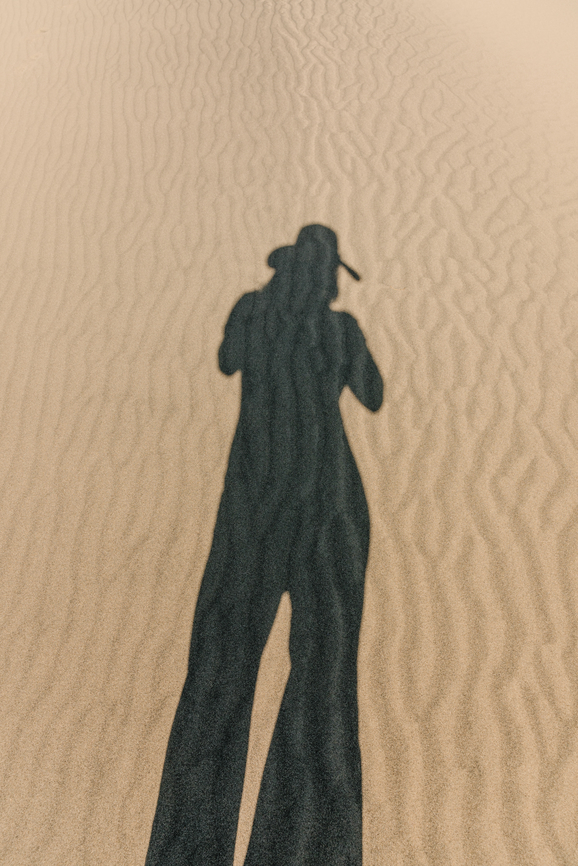The first time I traveled on my own, I was 19 and studying abroad in the Netherlands. Every weekend was a mad dash to see a different city in 48 hours, and to experience as much of each city as possible — no museum, cathedral, park, or touristy attraction left unturned. 😵💫
“That breakneck speed, while a great tool to check destinations off a list, was no way to truly experience a destination.”
Spring break was the maddest dash of all, encompassing four cities in nine days and about half as much sleep as I should’ve gotten. Barcelona to Rome to Florence to Venice, then back in time for an 8 a.m. class on Monday.
I was beyond lucky to have had that experience, learning how to travel on my own, how to figure out a new city’s public transportation, and how to manage my time and budget. But that rapid pace began to set the tone for future trips I’d plan. A week in France? Make it two nights in every city. Three days to travel the whole of Ireland? No problem.
That breakneck speed, while a great tool to check destinations off a list, was no way to truly experience a destination. During the weekdays while abroad in the Netherlands, I absorbed characteristics of the culture: The 10 a.m. coffee break everyone seemed to take, the food folks would eat for lunch, the way no one drew their shades at night. But the quick trips were something different. Sure, I checked Prague off my list — but I couldn’t even tell you how to say “thank you” in Czech, which sort of makes you question what the purpose of travel is in the first place.
“‘Slow travel’ presents an alternative to the see-every-country ethos.”
“Slow travel” presents an alternative to the see-every-country ethos. It tells us to accept that we won’t experience the entire world in one lifetime, and presents more sustainable travel options.
What is slow travel?
Like slow living, slow travel comes from the mother of all “slow” movements: Italian political activist Carlo Petrini’s International Slow Food movement, founded in 1989.
“At its core, I think slow travel is about intentionality and connection,” says Gi Shieh, a slow travel content creator. “It’s about spending more time at a destination to immerse yourself fully in the beauty and uniqueness of the land and its people.”
“Simply put, traveling slowly means staying for longer in one place.”
Simply put, traveling slowly means staying for longer in one place. Say you have nine days to travel — instead of hopping to three different cities or countries, consider spending all nine days at one destination, really getting to know the area.
Slow travel might also look like choosing destinations more off the beaten path, avoiding over-toured spots. According to CNN, some of 2023’s worst destinations for overtourism included Amsterdam, Phuket, and Venice, but some less traveled, alternative destinations might include the Netherlands’ Utrecht, Thailand’s Chiang Mai, or Italy’s Tuscan countryside.
Take the opportunity to connect with local people at your destinations. Stay in smaller bed-and-breakfasts, dine in small, locally owned restaurants, and chat with shop owners.
“In general, move around less — and when you move, move slower.”
And when choosing transportation methods, you’ll want to think about the most sustainable options. When possible, replace planes with trains; or car rides with bikes and walks. In general, move around less — and when you move, move slower. It might take a few more hours to get from point A to point B, and that’s kind of the well, point. You’ll understand the landscape of a country from your train window, or the way the wind smells while you’re riding a bike.
“Slow travel also means taking the time to note all the little details that make a place beautiful,” says Shieh, who also runs a blog on slow travel and sustainable fashion. “Like, how the Mediterranean sun hits the laundry drying on a balcony in the south of Italy or the specific cadence of honks of Vietnamese motorbikes during rush hour in Hanoi.”
What are the benefits of slow travel?
Besides lowering the carbon footprint of your trip, traveling slowly gives you a more mindful connection to the place you’re visiting. You likely won’t remember the time spent waiting in line to enter a popular sightseeing destination, but you will hang onto the conversation with a friendly local or the way you felt after a long, leisurely lunch.
“Traveling slowly gives you a more mindful connection to the place you’re visiting.”
Less time spent on planes or tour buses zipping around to new spots means more time (and money) to spend at restaurants that cook with local ingredients or wandering a town and picking up a handmade trinket that catches your eye. And when you choose less heavily toured destinations, it takes pressure off of over-toured spots with thinly stretched resources, like Hawaii or Bali.
Tips on traveling more slowly
1. PLAN TO TAKE SOME EXTRA TIME.
“Unfortunately, in today’s society, it’s hard to step away for an extended period of time,” says Shieh, noting that travel itself is a luxury. “It’s important to acknowledge that slow travel is a huge privilege,” she says. “I feel so lucky to be able to experience the world at a slower, more intentional pace, and not everybody has the opportunity to do so!”
“If you only have a short travel window of a few days, use it to explore destinations closer to home that don’t require a flight.”
Not everyone has two weeks or more to spend leisurely roaming a foreign country, but that doesn’t mean you can’t still travel more slowly. Plan trips many months in advance and for as long as you feel comfortable — maybe a six-day trip becomes a nine-day one that you spend in just one place. And if you only have a short travel window of a few days, use it to explore destinations closer to home that don’t require a flight.
And while traveling, “don’t overpack your itinerary,” says Lauren Fremont, executive director of the Winegrowers of Dry Creek Valley, a small wine region known for slow travel and sustainable practices. “Leave room for unexpected delights and meaningful connections. That’s where the magic happens.”
2. DO YOUR RESEARCH.
“Think about going beyond the pictures you’ll take for social media.”
– Matilda Reuter Engle, proprietor of Middleburg Hospitality
With a little extra time and planning, slow travel becomes a lot more feasible. Do your research on destinations, rather than just heading out where you’ve seen others go. Think about what you want to learn and experience during a trip, says Matilda Reuter Engle, proprietor of Middleburg Hospitality, which is focused on preserving historical traditions via hospitality in Virginia Piedmont. “Think about going beyond the pictures you’ll take for social media,” she says. “Identify the lifestyles, history, and ancestral traditions that ignite your curiosity.”
If you’ve planned for a bit more time, consider stacking destinations relatively close to each other to make your travel more sustainable. For example, instead of spending a week in a European country this year and a week in a different European country next year, try doing the entire two-week trip in one go.
3. STAY AT B&BS OR SMALL HOTELS.
Once you have your destination, look for small business accommodations. Bed-and-breakfasts are fantastic — usually independently run, they pretty much hand you the opportunity to engage with the owners and the local community.
Choose small hotels over larger ones, especially all-inclusives that tend to use resources like food and water inefficiently. Of course, there are exceptions to this rule — some hotels have fantastic sustainability practices, but finding those involves, again, lots of time and research.
“If you go the Airbnb route, consider renting a room in house rather than an entire place to yourself.”
If you go the Airbnb route, consider renting a room in house rather than an entire place to yourself. Your host should have a wealth of information about exploring the area like a local, and staying with residents helps minimize your impact on the area’s housing stock.
4. FIND WAYS TO CONNECT WITH THE CULTURE.
Along with accommodations that prioritize sustainability, Fremont looks for “experiences that showcase the region’s unique history, food, and traditions,” she says. “It’s about seeking authenticity and supporting businesses that share our ethos.”
“Maybe you join a fishing crew for the day and get to eat your catch, or your do a cheese tasting at the farm where it’s made.”
Read up on tours and activities that immerse you in the local culture — maybe you join a fishing crew for the day and get to eat your catch, or you do a cheese tasting right at the farm where it’s made, or you take a cycling tour from town to town.
“Go with the intention of honoring diverse ways of life, and stepping away from the fast-paced, technological world so many of us reside in on a daily basis,” says Engle. And if language is a barrier, Shieh offers that Facebook events and expat forums can be particularly helpful.
5. EASE YOURSELF INTO IT.
“Try not to put too much pressure on yourself to change your travel habits right off the bat,” says Shieh. If your travel history has looked anything like mine, that pedal-to-the-metal mindset won’t change overnight.
“If your travel history has looked anything like mine, that pedal-to-the-metal mindset won’t change overnight.”
Maybe you start by bringing more intentionality into your domestic trips. If you’re traveling for a wedding, consider spending the week before or after exploring the area. Perhaps next year you spend a week somewhere you would’ve typically spent a few days, or you replace one or two flights with train rides. And then take it from there.
“We have an entire lifetime to travel.”
– Gi Shieh, a slow travel content creator
“We often feel this pressure to see it all while we’re young,” says Shieh, “but actually we have an entire lifetime to travel.” Something that helped me feel better about doing and seeing less while traveling? No matter how fast you travel, you’ll never see, let alone experience, the entire world.
“By spacing your travels out over the course of a few years or even a few decades, it removes some of the pressure and allows you to fully settle into the experience that is happening right now,” says Shieh.
Make peace with not seeing the whole green earth, and it will allow you to make deeper connections in the places you do. 😌
Natalie Gale is a Boston-based freelance journalist. When she’s not writing about art, food, or sustainability, you can find her biking to the farmers’ market, baking, sewing, or planning her next Halloween costume. Say hi on Instagram!
















